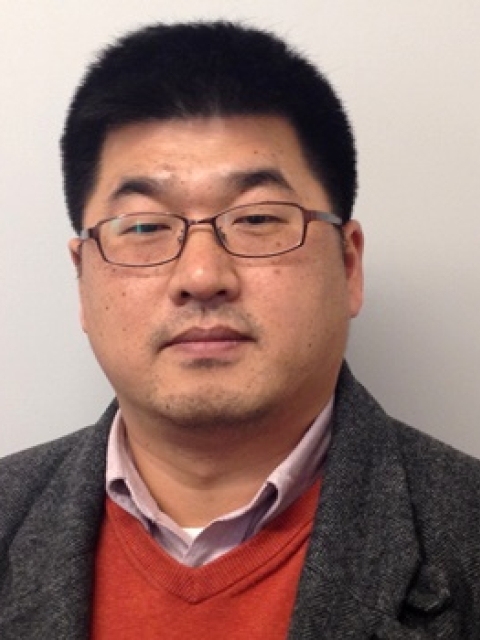CONTEXTS MATTER: HOW DO SCHOOLS AND FAMILIES AFFECT CHILDREN’S EDUCATION? In contemporary societies, schools and families are two social institutions that are most relevant for children’s education. However, the ways in which schools and families affect children’s education are contingent upon contexts of institutional arrangements of educational systems, public policy, and demographic changes. Using large-scale international data of academic achievement (PISA) that involves more than 40 countries, I have shown considerable cross-national variation in the degree and pattern of the impacts of school and family factors on children’s academic performance. My work shows how educational stratification at the individual and school levels is mediated by national contexts of structural features of educational systems such as differentiation and standardization, and state involvement in family welfare. My recent work examines how schooling environments shape students’ educational outcomes by exploring potential benefits of single-sex schooling among high school students in South Korea. An important feature of Korean education is the random assignment of students into single-sex schools and coeducational schools, which offers an excellent opportunity for assessing causal effects of single-sex schooling. By utilizing longitudinal data that have traced educational careers beyond high school, this research investigates not only short-term effects of single-sex schooling on achievement and socioemotional indicators but also long-term effects on transition to higher education. Another contextual factor that has important implications for children’s education and well-being is family change. I am interested in consequences of rapid family changes for children’s well-being in societies which have weak public welfare systems and conservative family norms, and therefore where family changes should have particularly important implications for children. In this line of research, I examine the implications of recent family changes in South Korea, represented by rapid growth in divorce and international marriages, for children’s education and well-being.

Director, James Joo-Jin Kim Program in Korean Studies
Korean Foundation Professor of Sociology
Professor of Education
Director, James Joo-Jin Kim Program in Korean Studies
Korean Foundation Professor of Sociology
Professor of Education
hypark@sas.upenn.edu215-898-0942
219 McNeil
Ph.D., Sociology, University of Wisconsin-Madison, 2005
Research Interests
PubMed Search
Website(s)